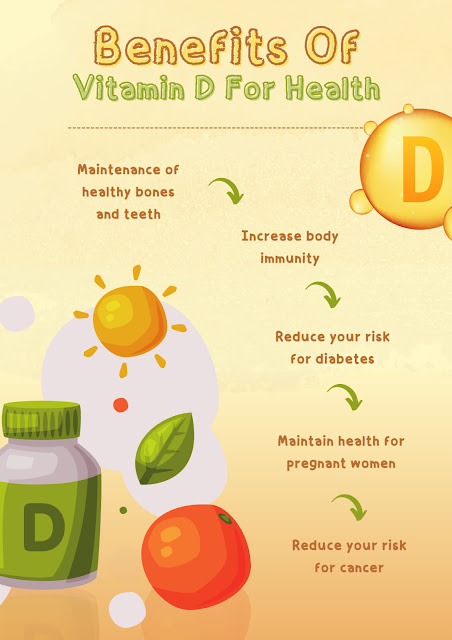Strolling outdoors is a way to replenish energy and lower stress levels, even if it's just to relax.
If possible, take advantage of walks to soak up the sun. It's just that the lack of vitamin D, stimulated by sun exposure, justifies some signs of tiredness, bone pain and even mood swings.
After months of confinement, you'll find it refreshing to go for a walk.
You'll also be happy to take some time out of your everyday life to take care of your well-being, and that's an even bigger reward for your mental health.
Challenge yourself and exercise your mind
Remember Sudoku, the mathematical puzzle where you had to distribute numbers from 1 to 9? More than a mental exercise, these types of games force us to find new solutions to new problems.
Challenge is the key element of this equation: it stimulates the brain. As? Learn a new language or discover how to play a musical instrument, whatever your age.
Explore meditation techniques. By slowing down the often fast pace of thoughts, meditation trains attention and concentration and has a direct effect on mental health.
Have a restful night
Resting is key to maintaining energy during the day. An adult should sleep between 7 and 9 hours every day, a recommendation with many arguments .
In health, a good night's sleep reduces the risk of heart and vascular diseases.
Good sleep hygiene also contributes to physical well-being, mental health and maintaining social relationships, because sleep deprivation directly interferes with mood and the ability to regulate emotions and make decisions.
In productivity, it is more difficult to maintain concentration and recall memory when there are irregular or insufficient sleep habits.
It also becomes more difficult to manage stress and anxiety with little quality sleep. It is not difficult to imagine this snowball: it is more difficult to sleep well with daily stress hovering over rest time.
But we're sleeping worse. The Order of Psychologists warned of the effects of the COVID-19 pandemic on the quality of sleep of the Portuguese.
In addition to the concerns associated with the disease itself, the threat of a social and economic crisis, the isolation of confinement and the increase in time spent in front of screens have had an impact on our sleep hygiene.
Still, there are recommendations for better sleep:
- Turn off screens at least an hour before bed to avoid melatonin production
- Avoid eating meals and watching television in bed, so your brain associates it with resting
- Heavy meals, alcoholic beverages and coffee only up to 2 to 3 hours before bedtime
- Create your sleep schedule with a bedtime relaxation routine (e.g. reading a book) and fixed sleep and wake times
- Exercise during the day.
The effects of poor sleep are not surprising: eating disorders, risk of developing physical illnesses and also an increased tendency to psychological illnesses.
If, with the pandemic, you started working at home, learn about some tips we left you to take care of your mental health and ask for help if you need it.
Train your biological clock to respect routines
Why is it important to have a sleep schedule? So the body knows when it's time to rest. We function in cycles and learn from routines.
Try to keep schedules for other daily tasks. For example, always exercise in the morning, have regular meal times, and set your alarm clock for the same time.
It will take less time to react to change and you will avoid drops in performance and energy.
Good with yourself and with others
At any stage of life and with any group of friends or family, trade pessimism for a brighter outlook on life. You will see that even the most negative people start to change their perspective.
Create a good environment around you
Small changes in everyday life have an effect on our well-being. Sleep well, eat healthy, exercise... And all of this has an impact on those around us.
Be a positive element in your social relationships and try to create a good environment for those you live with.
You can start by reflecting on each day and writing down 3 good things that happened to you. You can even share these rewarding experiences with friends and family.
Thus, you are avoiding negative thoughts and you will feel rewarded for what you bring to the people you care about.





2 Comments
Zopiclone 7.5 mg is ideal for adults suffering from short-term insomnia. It promotes faster sleep onset and longer sleep duration. Get restful nights and energised mornings with the help of Zopiclone 7.5 mg tablets.
ReplyDelete拥有阳光海滩与热闹夜生活的圣地亚哥,是特别时刻的绝佳背景。圣地亚哥外围 结合了时尚、温暖与真诚的陪伴方式,确保每一次体验都自然、舒适且令人愉悦。
ReplyDelete